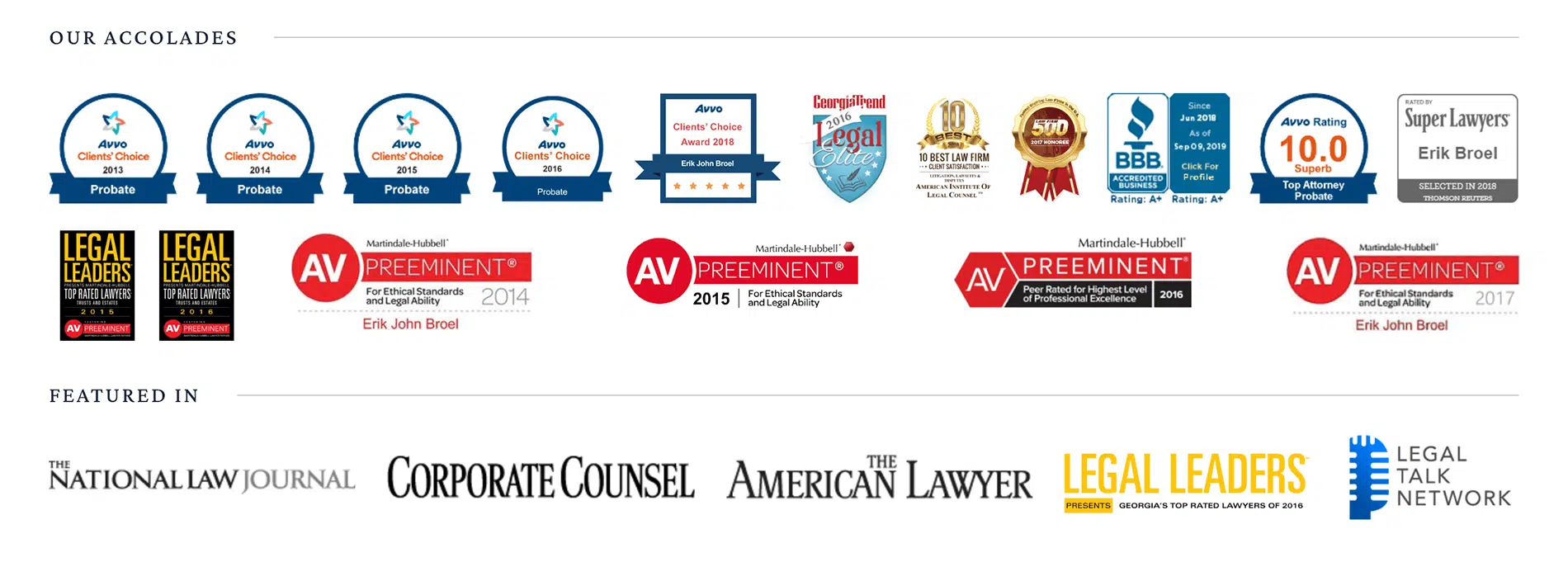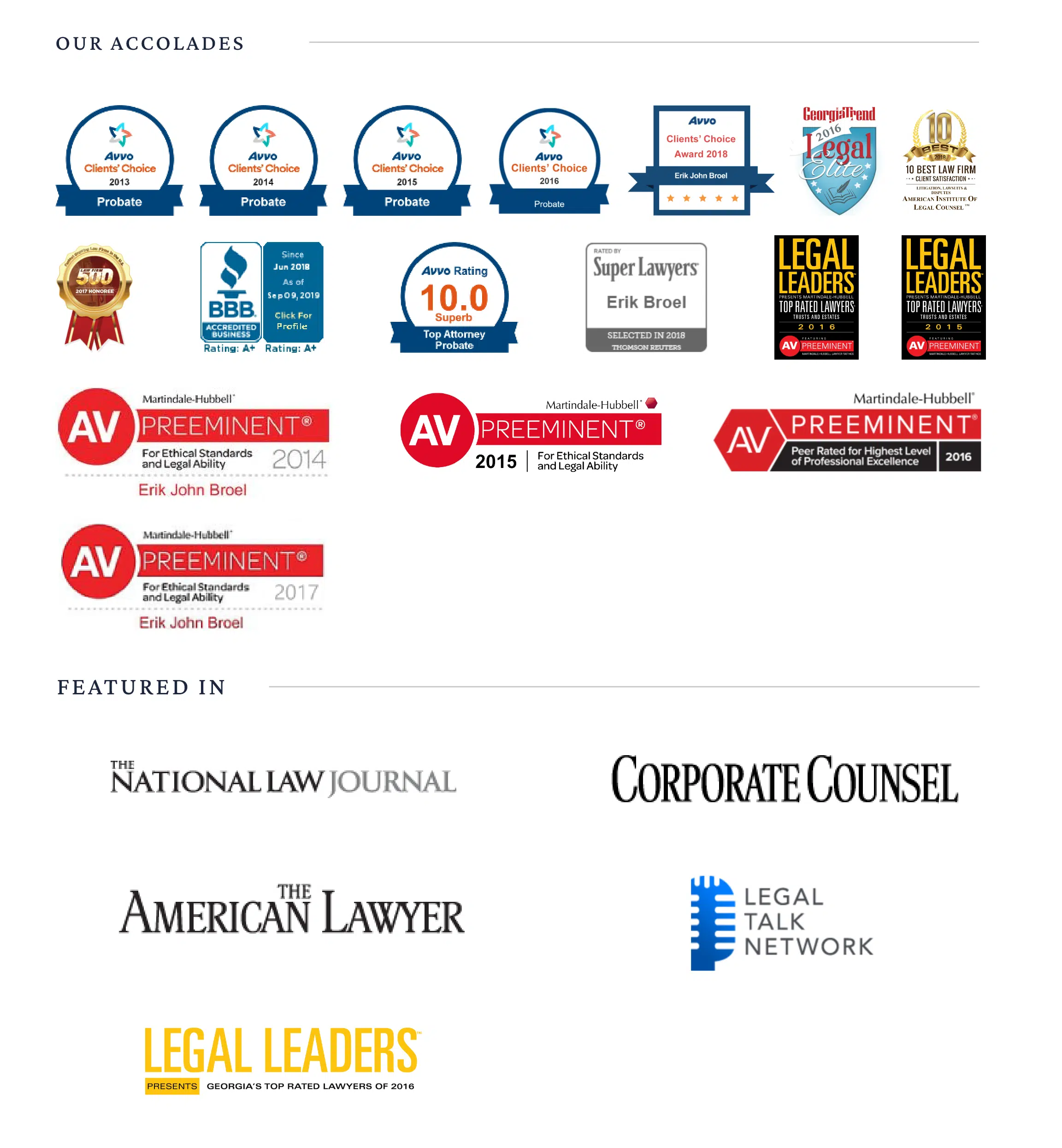
Without a Will
When no will is left by the deceased, it will often require more coordination and cooperation by the heirs at the outset of the estate to ensure that things move along smoothly. For example, the default probate law in Georgia is that an administrator must post a bond, must file inventories and annual returns, and must seek probate court approval for most actions to settle the estate, such as selling or disposing of estate property. If all heirs agree, any or all of these requirements may be waived, which will cause the estate to be settled more quickly assuming the administrator is working aggressively and has professional help.
In addition, the heirs must select someone to serve as administrator of the estate. While Georgia probate law provides a priority list for who may qualify, the probate court will still carefully consider the votes of the heirs (in the event the selection is not unanimous). The fact that the heirs must select an administrator is an opportunity for conflict that is the cause for many estate disputes.
When it comes to distributions and who in the family is entitled to receive what from the estate, the administrator has no choice but to follow the distribution schedule set by Georgia probate law. As a result, the administrator must make distributions to the heirs, and may not make any distributions to a non-heir unless there is a valid creditor claim. For example, if the deceased left a wife and two children (adult or minor children), then the estate will be divided equally among them. It is important to note that if there are minor children involved in an estate of this type, the situation will become much more complicated because a conservatorship will likely need to be set up for the children’s portion of the estate. If the deceased did not have any immediate family, Georgia probate law provides extensive rules for determining who should inherit from the estate. As a result, contrary to popular belief, it is very rare that the deceased’s assets will escheat to the State of Georgia. That said, it is also common that family members are not happy with the distribution scheme required by Georgia law.
Unfortunately, after someone has passed away, there is nothing the survivors can do to change the answer to the question of “is there a last will and testament.” We must plan the hand we are dealt. Understanding some of the key differences, however, can help us to play that hand more effectively to make sure that things are handled in a way that complies with the law and also respects the deceased’s wishes.
Every estate is different. If you would like personal help with your loved one’s estate, please schedule a consultation with our team.
Disclaimer: The information above is provided for general information only and should not be considered legal advice. Legal advice is specifically tailored to your particular situation. Please contact our office to receive specific information advice about your situation.
Compassionate listeners, knowledgeable guidance. Schedule a free consultation with our experienced attorneys and let us help you and your family with your legal concerns.
GET IN TOUCH 770-796-4685Learn Important Probate Essentials, including key things that go wrong in an estate, how to prevent them, and what to do if they happen.



© 2024 Georgia Probate Law Group by Broel Law, LLC. All rights reserved.